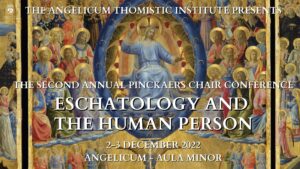Disability and the Resurrection of the Body: Identity and Imagination
Medi Ann Volpe
University of Durham, England
Medi Ann Volpe is a Catholic moral theologian and mother of four children, including a daughter with Down Syndrome. She is the Director of Research at Wesley House, Cambridge, and teaches theology and ethics at Durham University (UK). Her first book, Rethinking Christian Identity (Wiley-Blackwell, 2013), brings contemporary theological themes into conversation with voices from the classical Christian tradition. More recently, her work has explored the intersection of ecclesiology and spiritual formation, with a special interest in discipleship and Christian identity of children as well as people with intellectual disabilities. She has published in journals and handbooks, including the International Journal of Systematic Theology, Modern Theology, and the Oxford Handbook of Catholic Theology (which she co-edited with Lewis Ayres). She also serves on the board of the Journal of Disability and Religion.
“Disability and the Resurrection of the Body: Identity and Imagination”
What happens to disabilities in the resurrection? There is a significant body of theologians reflecting on disability and resurrection who worry that traditional Christian accounts undermine their personal identity by eliminating their disabilities. In this paper I begin by outlining their concerns about resurrection identity. I then consider ways in which a more detailed engagement with classical Christian accounts both suggests these worries are misplaced, and raises questions about the mysteriousness of resurrected life that are often neglected when questions of disability and resurrection are considered.
Related Content





